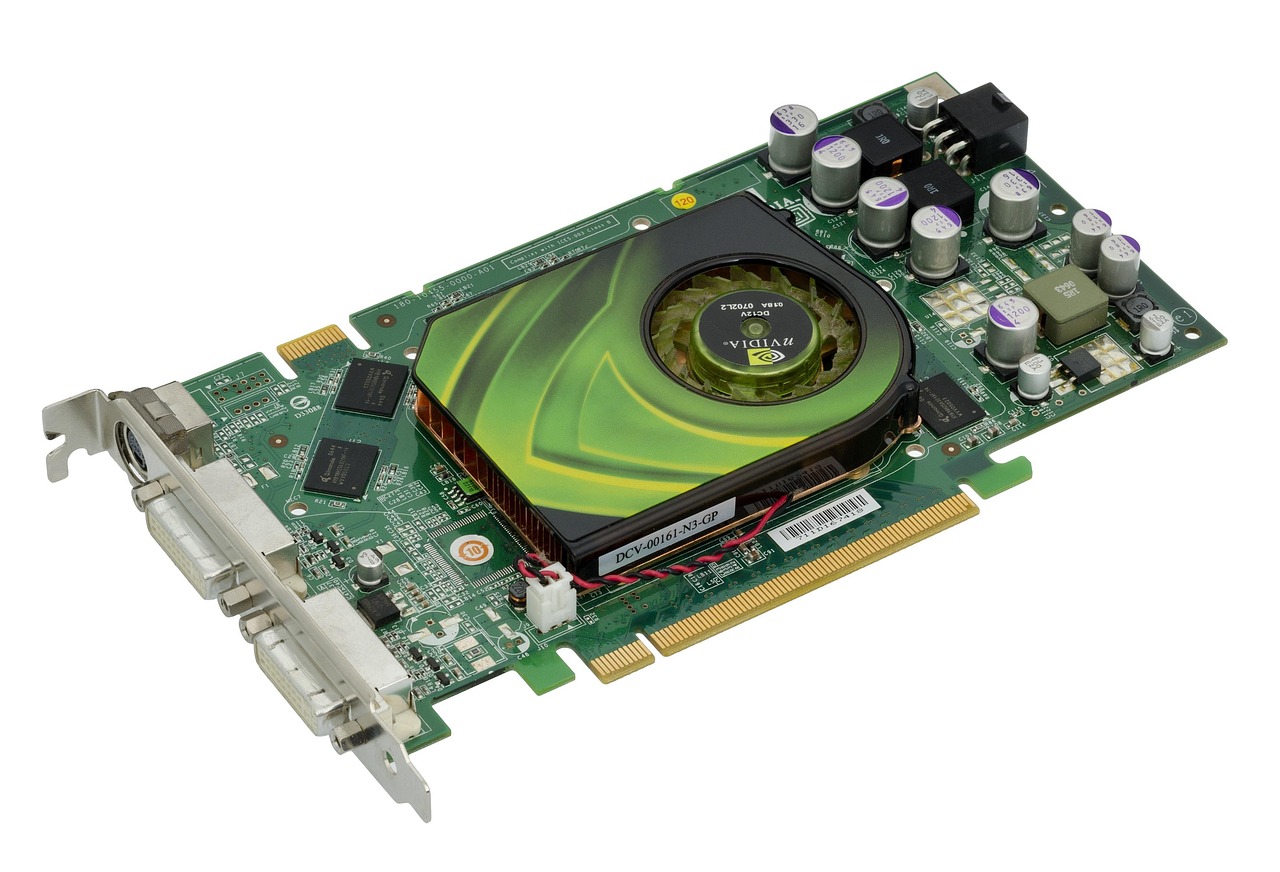U.S. Space Force Unveils AI Integration Blueprint for 2025

Brief news summary
On March 19, the U.S. Space Force unveiled its "Data and Artificial Intelligence FY 2025 Strategic Action Plan," focused on embedding AI within military operations and boosting personnel's AI skills. This initiative aligns with the Department of Defense's goal of transitioning to a data-centric, AI-enhanced military framework. Col. Nathen Iven emphasized AI and data's essential role in maintaining space superiority. Key elements of the plan include advancing data literacy among troops, expanding access to innovative technologies, and cultivating a culture of innovation. A significant aim is to leverage AI for space domain awareness, enabling effective processing and analysis of orbital entities such as satellites and debris, essential for timely decision-making and anomaly detection. The strategy also plans to equip spacecraft with AI capabilities for self-defense in hostile environments. By fostering digital literacy, the Space Force seeks to keep data accessible, secure, and reliable. This initiative is vital for the Pentagon's strategy to retain a competitive edge against rivals like China and to facilitate the seamless integration of AI into defense operations.WASHINGTON — The U. S. Space Force has unveiled a new strategic blueprint detailing its approach to integrating artificial intelligence (AI) into its operations and enhancing AI proficiency among its staff. The document, titled “Data and Artificial Intelligence FY 2025 Strategic Action Plan, ” was released on March 19, following directives from the Defense Department aimed at creating a more data-driven and AI-enabled military force. Col. Nathen Iven, acting deputy chief of space operations for cyber and data, emphasized in the document the vital importance of data and AI in achieving space dominance. The strategic plan outlines several initiatives aimed at “fostering data literacy, equipping our guardians with cutting-edge technologies, and driving innovation, ” as stated by Iven. Following trends from the private sector, one of the primary areas of focus for AI implementation is space domain awareness. This technology is employed to analyze large data sets, enabling the tracking and identification of objects in orbit, including satellites and debris.
AI systems are designed to recognize patterns, identify anomalies, and evaluate potential threats, thereby providing timely alerts regarding hostile actions. Experts highlight that AI capabilities are crucial for preventing operational surprises and ensuring that decision-makers receive useful intelligence. This technology can predict anomalies in the space environment and suggest responses, utilizing machine learning to detect methods of camouflage and deception used against satellites. Furthermore, AI applications could empower spacecraft to function autonomously in contested environments, allowing satellites to take self-protective measures without needing human intervention. The plan highlights the necessity for digital fluency within Space Force personnel, stressing that AI literacy is essential for tackling operational challenges. Key priorities include making data “accessible, understandable, secure, and trustworthy, ” while fostering a culture driven by data and AI. Iven noted that the Space Force's AI initiative aligns with broader objectives set by the Pentagon. Defense Secretary Pete Hegseth has underscored the importance of utilizing AI technologies as part of the strategic competition with China. During his confirmation hearing, Hegseth asserted that AI constitutes a significant capability the U. S. must harness, particularly given its advancements in the commercial realm. Deputy Defense Secretary Stephen Feinberg echoed this sentiment, asserting that the Defense Department must “fully leverage the advantages of artificial intelligence” across its business operations, testing protocols, and the acquisition of next-generation weapons systems.
Watch video about
U.S. Space Force Unveils AI Integration Blueprint for 2025
Try our premium solution and start getting clients — at no cost to you

I'm your Content Creator.
Let’s make a post or video and publish it on any social media — ready?
Hot news

AI And The Death of The 2021 Sales Process
Classic sales tactics—hard work, deep product knowledge, and showing up—still hold value.

NYC Marketing Expert Augustus Kirby Warns of AI-D…
NEW YORK, NY, December 27, 2025 /24-7PressRelease/ -- As artificial intelligence transforms modern marketing, businesses encounter a growing paradox: although automation offers efficiency and scalability, rapid algorithm changes and opaque AI systems are causing instability across digital channels.

The Role of AI in Local SEO Optimization
Artificial intelligence (AI) is playing an increasingly important role in revolutionizing local search engine optimization (SEO), offering businesses innovative ways to enhance their online presence within specific geographic areas.

I left my dream job as a trial attorney and pivot…
This as-told-to essay is based on a conversation with Aurora Bryant, 40, senior legal data intelligence lead at Relativity in New York.

AI Video Surveillance Systems Improve Public Safe…
Cities worldwide are increasingly adopting AI-powered video surveillance systems to improve public safety and better monitor urban environments.

AI Accelerates Digital Transformation in Maritime…
At SMM 2024, the leading international maritime trade fair held in Hamburg, the crucial role of artificial intelligence (AI) in expediting the maritime industry's digital transformation was prominently showcased.

Democrats warn Trump greenlighting Nvidia AI chip…
Congressional Democrats are expressing serious concern over the possibility that the U.S. may soon begin selling advanced chips to one of its most significant geopolitical rivals.
AI Company
Launch your AI-powered team to automate Marketing, Sales & Growth

and get clients on autopilot — from social media and search engines. No ads needed
Begin getting your first leads today








